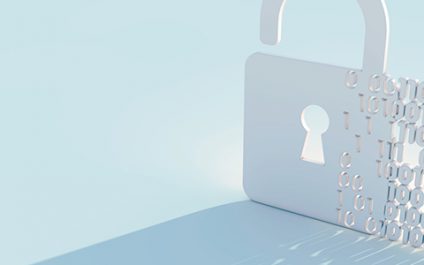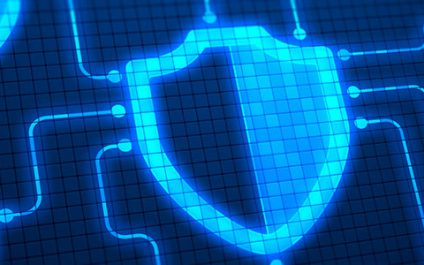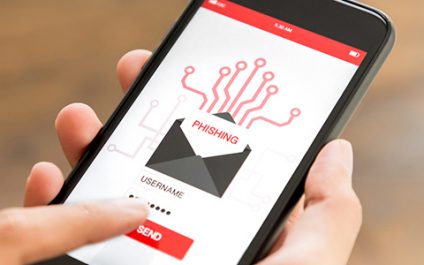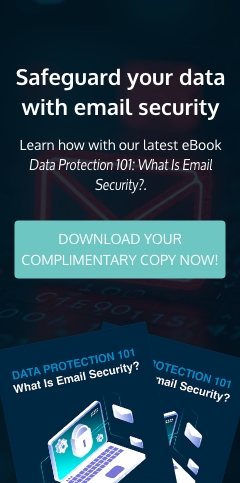Since the COVID-19 pandemic started, many businesses have adopted a work from home setup to stay operational. While this setup helps keep employees productive, it also promotes the use of personal devices and networks that are less secure than typical company systems.
410-823-6767
4 Types of employees that are most vulnerable to cyberattacks
Quiz: How well do you know basic cybersecurity lingo?

Keeping your company safe from cyberattacks is a huge challenge, and this is partly due to the confusing technical jargon used in the cybersecurity field. Failing to understand concepts like ransomware and DDoS may cause your company to overlook vital security measures and leave your company vulnerable to costly data breaches.




